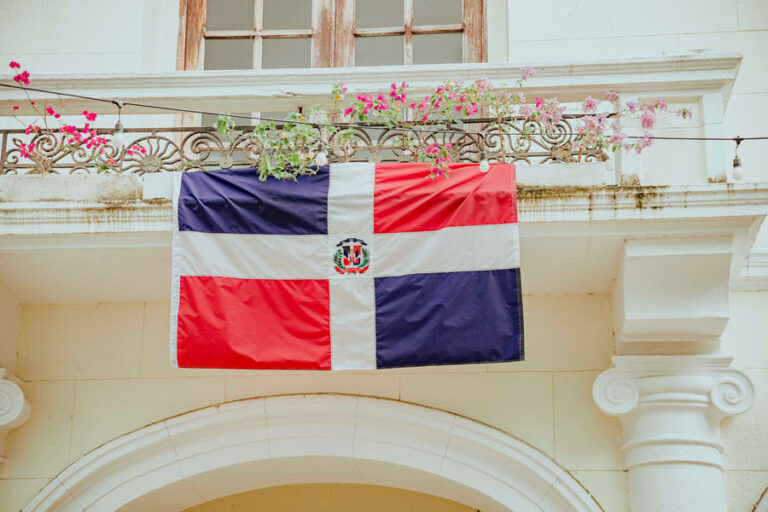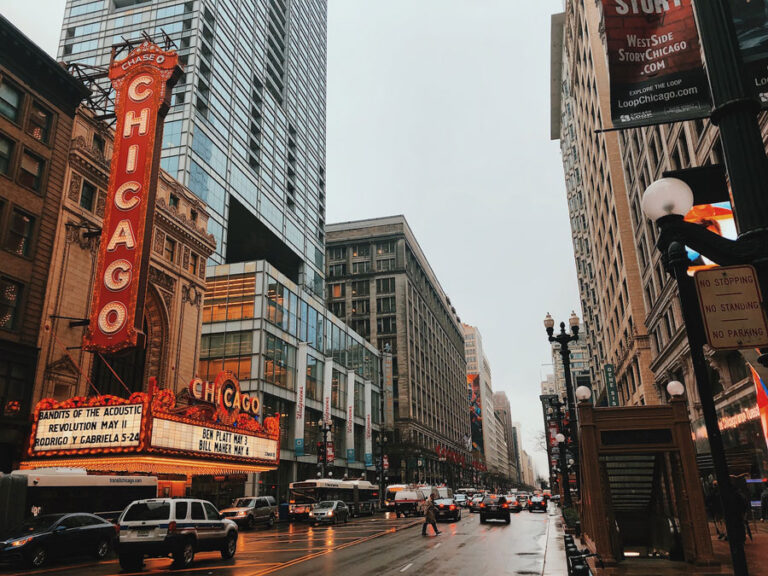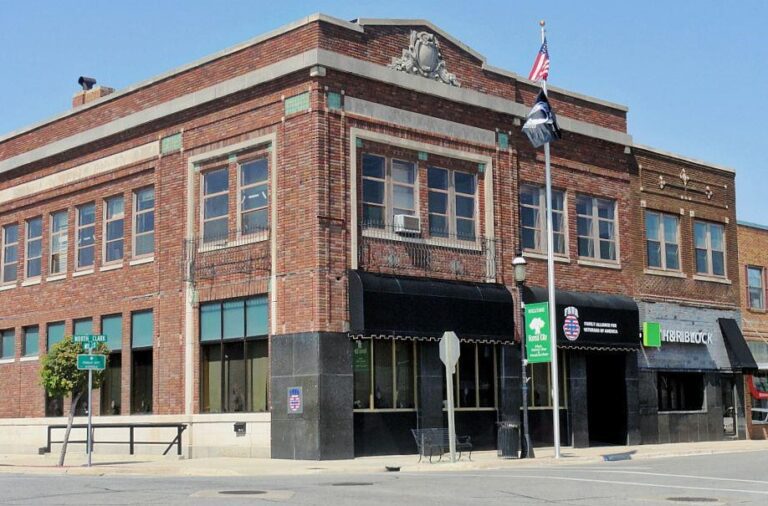Since 1992, WestCare Arizona has provided a full continuum of community-based, family-oriented social service and behavioral health programming to youth; ...
Where We Serve
WestCare is located in 17 states, Guam, Puerto Rico, the US Virgin Islands, the Republic of Palau, the Dominican Republic, and the Commonwealth of the Northern Mariana Islands offering varying levels of the following service domains:
[INTERNAL NOTE: SimpleMap embed below]
Locations
Showing listings 1-15 of 25
For over 50 years, WestCare California has been providing an opportunity for individuals to lead fuller, richer lives. Our team ...
Email: info.ca@westcare.com
Check back soon for new WestCare programs coming to the Commonwealth of the Northern Mariana Islands (CNMI)! ...
Email: pacificislands@westcare.com
Check back soon for new WestCare programs coming to the Dominican Republic! ...
WestCare Florida, Inc. is part of the national WestCare network of nonprofit behavioral health and human services organizations. WestCare Florida, ...
Email: info.gulfcoast@westcare.com
WestCare Florida, Inc. is part of the national WestCare network of nonprofit behavioral health and human services organizations. WestCare Florida, ...
Email: contact-gcc@westcare.com
WestCare Florida, Inc. is part of the national WestCare network of nonprofit behavioral health and human services organizations. WestCare Florida, ...
Email: vsinfo@westcare.com
In 2003, WestCare came to Georgia as the substance abuse treatment provider at the DeKalb Children’s Center in Stone Mountain, ...
Email: info.ga@westcare.com
Learn more about Guam services on westcarepacificislands.org. Hafa Adai from WestCare Pacific Islands (WPI), where America’s Day Begins! WPI has ...
Email: pacificislands@westcare.com
WestCare came to Illinois in 2006 as the substance abuse treatment provider at Sheridan Correctional Center in Sheridan, Illinois. Since ...
Email: info.il@westcare.com
Since 2012, WestCare Iowa has provided services for Veterans and their families who are experiencing homelessness and are living within ...
Email: fava@westcare.com
In October 2004, WestCare incorporated as a nonprofit in the Commonwealth of Kentucky. WestCare provides substance abuse treatment services in ...
Email: info.ky@westcare.com
Check back soon for new WestCare programs coming to Minnesota! ...
Email: info.mn@westcare.com
For nearly 50 years, WestCare Nevada has been providing opportunities for people to lead fuller, richer lives. Our team of ...
Email: info.nv@westcare.com
Loading...
Showing listings 1-15 of 25















